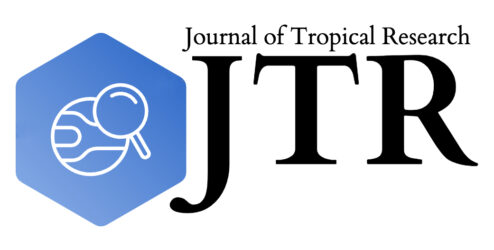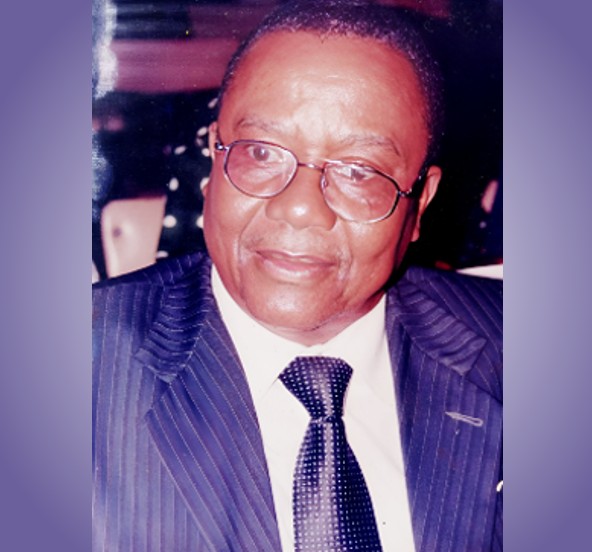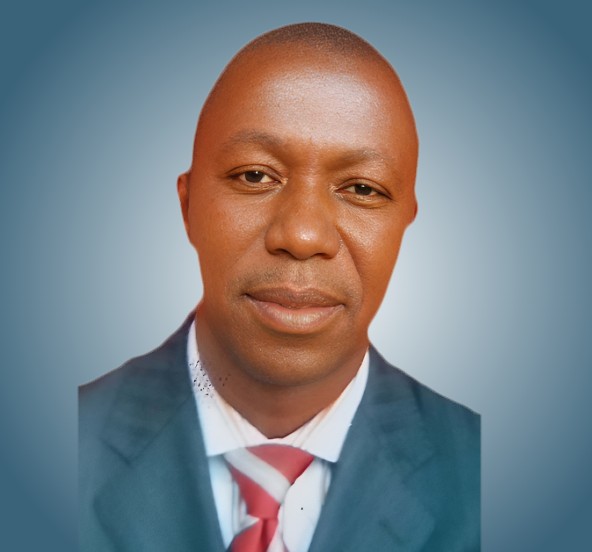
Dr. Aniefiokmkpong Okokon joins the JTR editorial Board
Anifeiokmkpong Okokon, born on May 12, 1964, in Aba, Abia State, Nigeria, was always highly fascinated with science from a young age, which served him well in both education and employment. Nigeria, where Okon was raised, boasts a great variety of flora and fauna. This most certainly had an impact on his choice to study fishery management and environmental biology.
Attaching several reputable universities, Okon made a great effort to advance his studies. Beginning his study at The Polytechnic Calabar in Cross River State, he graduated in 1983 with a National Diploma in Biochemistry. After that, he attended the University of Uyo and in the year 1988 obtained a Bachelor of Science in Zoology. His love of managing fishing drove him to the University of Ibadan to acquire a Master of Science in Hydrobiology and Fishing in 1991. Not content with knowing only facts, Okon returned to the University of Uyo in 2018 to complete his Ph.D. in Fisheries Management.
Okon worked at several occupations that exposed him to environmental biology and fishery knowledge. Not long after serving as a Research Assistant on the Pre-Impoundment Study at the University Fish Farm in Ikot Obong Ibiono from 1986 to 1987, he obtained his first well-known post as a Fisheries Officer at the Ministry of Agriculture and Natural Resources from 1988 to 1989. These early sessions prepared him for his next research pursuits and classes.
In 1997, Okon started his lengthy and significant academic career at the University of Uyo as Lecturer II. He rose through the ranks till he was a Senior Lecturer, a position he occupied since October 2018. He teaches environmental studies, marine life, and fishing among other things. Apart from Fisheries and Wildlife, General Ecology and Biogeography, Pond Construction, and Fish Enclosures, Fish Feed Production and Hatchery Management, and Fish Systematics, he has also instructed seminars in His dedication to education and learning has enabled the field to flourish and his pupils excel in their studies.
Apart from his teaching, Okon has been quite involved in several administrative and committee duties at the university. He represented the Faculty of Science as an Examining Officer to the Faculty of Basic Clinical Sciences alongside a Department Animal House Committee member. He also proved useful in assessing and revitalizing the University of Uyo Fish Farm in the Ikot Obong Ibiono Local Government Area.
OKON is knowledgeable in many subjects that are not taught in the classroom. He has been quite active in supporting the neighborhood and national causes. He has served on the Police Community Relation Committee (PCRC) in Uyo, Chairman of the Parent-Teacher Association (PTA) at Heritage College in Itiam Uyo, and on the Foundation Board of Heritage College. Apart from his duties as the state chairman for the West African Agricultural Productivity Program (WAAPP-Nigeria), FISON’s state chairman, and NECO’s state chief examiner for fisheries, he has also occupied other significant roles in the aquaculture industry of his nation.
Okon’s efforts have helped us to learn a great deal more about fishing and environmental biology. His studies have covered a wide range of subjects, including the effects on the nutritional value of fish of various cooking techniques, the mineral and proximal compositions of several fish species in Akwa Ibom State, and the environmental implications of establishing 5G networks in Nigeria. Among the most fascinating subjects he has investigated include the biochemistry of veined squid, the reproductive biology of fish groups in the tropics, and how various protein sources impact the development of Clarias gariepinus fingerlings.
Many of his intellectual accomplishments—book chapters, conference papers, journal entries—are well-documented in a great number of publications. His M.Sc. thesis examined the histopathology of Oreochromis niloticus under the toxic and sublethal effects of Ethanolic Extract of Piper guineense. His dissertation for his Ph.D. focused on Eastern Niger Delta Guinea Sprat biology and stock assessment. Two of his most significant works of writing are these. Respected publications in Nigeria, India, China, South Korea, and other countries have included Okon’s work, therefore augmenting his authority in his profession.
Okon has also visited others to discuss several facets of fishing and aquaculture and attended scholarly events. In his presentations, he has discussed topics including how plant-based protein influences catfish growth and what occurs to the biochemistry of yy-male tilapia when their diet is changed to include plant-based oils rather than fish. These conferences have allowed him to display his work to scientists worldwide and converse with other field experts.
Okon has received numerous medals and prizes for his contributions in environmental biology and fisheries. Possibly the most well-known is the Cochran Fellowship Award, which he used in 2009 to visit a fishing program at Mississippi State University in the United States. After this encounter, he gained knowledge and expanded his perspective on how to manage fisheries all around the globe.
Over his career, Okayon has put great effort into improving environmental biology and marine research. Apart from strengthening the intellectual community, his efforts have enabled Nigeria to manage its water resources sustainably. In his field, he gained respect for his commitment to study, education, and community involvement. His legacy will still influence environmentalists and future scientists.
Dr. Aniefiokmkpong Okokon Okon maintains concentrated on helping with fisheries management (both in the United States and other nations), even if he is also fascinated in scientific and scholarly matters. From a small child in Aba to a senior lecturer and well-known researcher, his path reveals how willing, driven, and ready he is to alter the world he is living in.






